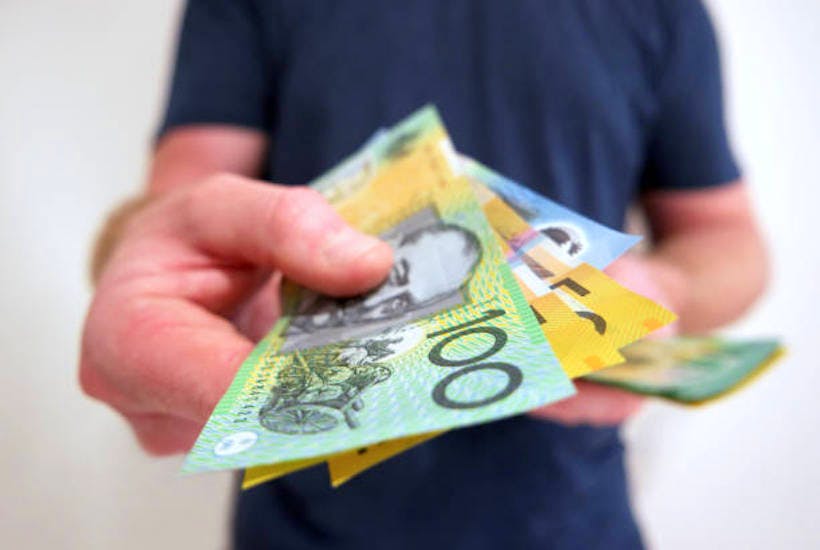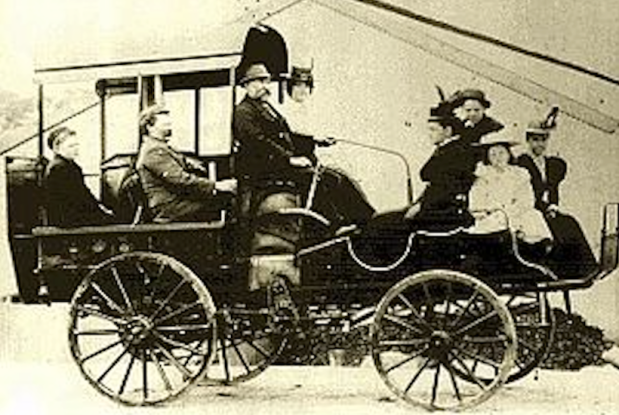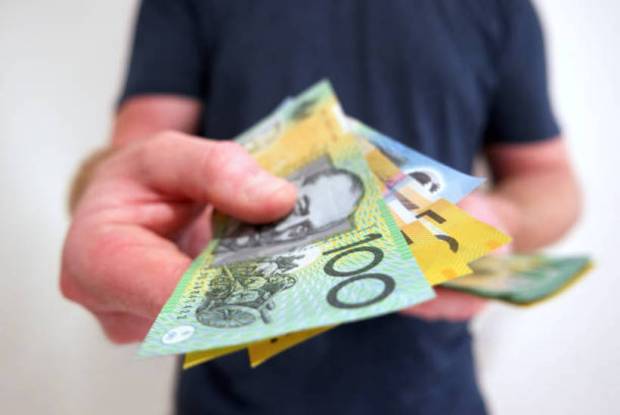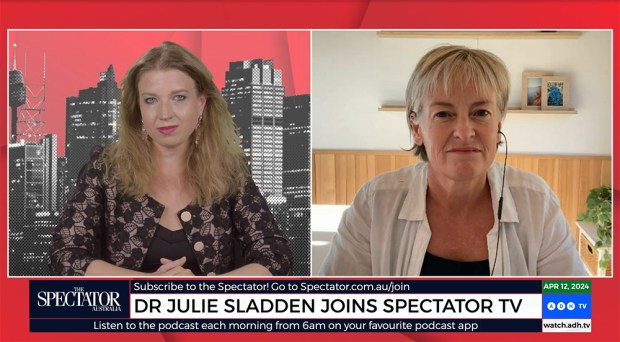The Budget’s around the corner and income tax is already being debated.
Income tax is easy to calculate. But filing your taxes and sending your dues the ATO is only the beginning. Australians are taxed not only on their earnings but also when they spend and when they save. Sometimes we even pay tax on taxes.
A report published today by the Australian Taxpayers’ Alliance and the Liberal Democratic Party found that Victorians lose approximately 45 per cent of their potential take-home earnings to tax. A minimum-wage worker would make close to $62,000 instead of less than $39,000. Now that would be a living wage.
The typical Victorian, earning the state’s 2019 average income of $63,440, costs their employer about $73,200 to hire once superannuation, payroll tax and extra benefits are all added up. Of that gross income, the government collects a whopping 55 per cent – more than $40,000.
Consumption taxes including the GST, customs duties, excise taxes and more cost those earning the least the most. As a result, individuals in the bottom quintiles lose the same percentage of their income to tax as those in the top quintiles.
The average smoker pays $5,200 a year in tobacco excise taxes. For someone earning $120,000 that’s a painful, but affordable tax. To someone making $25,000 that is life-changing. Sadly, those in the lowest income brackets are the most likely to smoke.
Because of GST, the Australian government in many cases charges tax on taxes. We have consumption taxes such as insurance duties which should have gone the way of the dodo a long time ago. Now, we pay GST on insurance and we pay the insurance tax on the cost of the insurance itself plus GST.
With the impending 12 per cent increase to the superannuation guarantee, super has been on many of our minds. But the increase to super can only increase Australians’ retirements so much. Taxes on superannuation on average reduce retirement income by about 25 per cent. The super increase won’t make up for that loss.
Australians pay tax three times on every dollar they earn. First they pay tax on earnings, then on their purchases, and lastly on their savings because the government doesn’t take inflation into account when calculating capital gains.
Australians are stuck paying 125 separate taxes at the local, state and federal levels. With so many sneaky taxes leaching away at our wealth, Australians can’t know what they truly pay in tax.
The Australian government wants to have a progressive tax code, but politicians have shot themselves in the foot with so many consumption taxes. Taxes meant to change people’s behaviour too often impoverish our most vulnerable citizens.
The Australian people are not a bottomless money pit. With taxes so high the government likely doesn’t even know all the ways they are hurting our economy and reducing people’s well being. While individuals and businesses are struggling to recover after the crisis, now is the perfect time to lessen their burden and cut problematic taxes and costly regulations.
While we knew the Australian government took too much of our money, the results of this report are shocking. Not only do taxes take over 50 per cent of the most wealthy Australian’s gross income, they take the same amount from middle-class and less fortunate Australians.
This report clearly shows that the government has gotten too big and too greedy. Too often we read stories about rorts and government waste. It’s no surprise with just how much money is pouring into the government coffers. Politicians have been given a blank check with so many taxes.
Emilie Dye is the Director of Policy for the Australian Taxpayers’ Alliance and the Executive Director for the HR Nicholls Society. Find her on Twitter @Emilie_Dye.
Got something to add? Join the discussion and comment below.
Get 10 issues for just $10
Subscribe to The Spectator Australia today for the next 10 magazine issues, plus full online access, for just $10.


























Comments
Don't miss out
Join the conversation with other Spectator Australia readers. Subscribe to leave a comment.
SUBSCRIBEAlready a subscriber? Log in